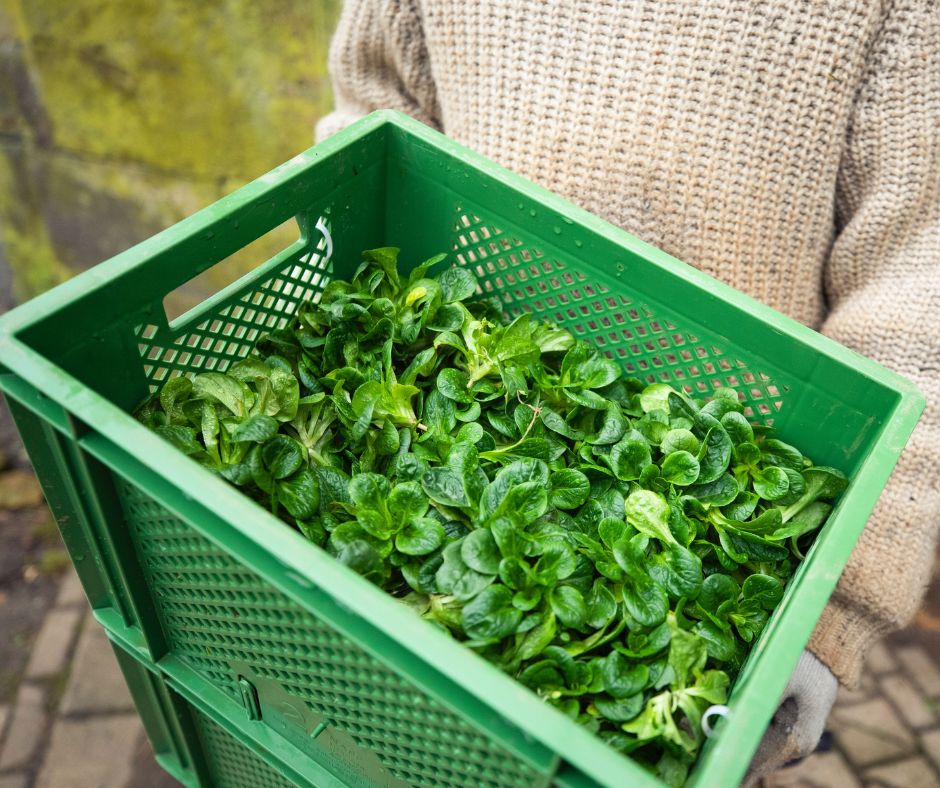Sustainable food procurement, as shown by countless studies and good practices across Europe, is an effective mechanism to promote healthy diets, fight malnutrition, combat food insecurity, foster the demand for fair and organic products and support small-scale farmers. All while maintaining stable costs.
A transition to more sustainable, healthier, and affordable diets is not only something that has been promised to EU citizens, but is also critical to combating climate change.
That’s why, 15+ organisations, sent an open letter to President Ursula von der Leyen and Commissioners EU with one clear message: let’s use public food procurement to provide more sustainable and healthier food.
The European organisations, including Fondazione Ecosistemi for Italy, call to clearly define the areas for the future development of minimum mandatory sustainable food procurement criteria and, in particular, to include these 4 strategic minimum standards:
- The achievable target of 20% organic products
- A minimum of 10% of food products coming from small-scale producers
- A culturally-appropriate, planet-friendly food procurement and education based on less animal protein
- An EU minimum standard on healthy school meals combined with food education
Read the letter and join us in advocating for healthier and fairer food systems.




